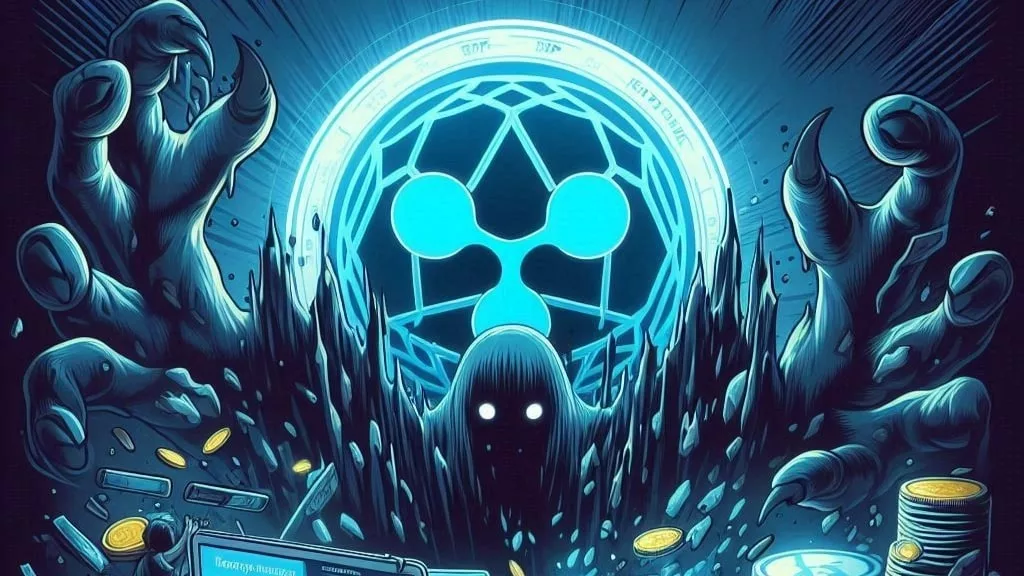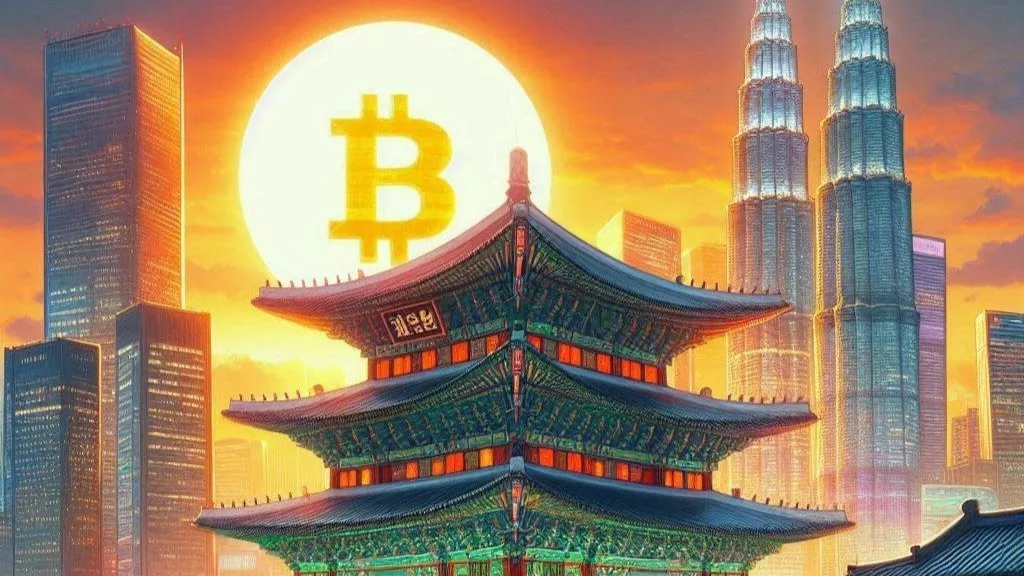
The United States is bracing for another wave of inflation over the next six to nine months, according to BlackRock CEO Larry Fink. Speaking at the CERAWeek conference in Houston, Fink cited nationalistic policies, labor shortages, and new tariffs as the primary drivers behind the expected surge in prices. His warning sent ripples through financial markets, with stocks tumbling and Treasury yields sliding as investors sought safer assets.
Labor Shortages Could Push Costs Higher
Fink emphasized that labor shortages, particularly in agriculture and technology, could significantly impact the economy. He pointed to recent policies promoting the deportation of immigrant workers, a move he believes could disrupt essential industries.
“If we are moving toward a more nationalistic stance, inflation will remain elevated,” Fink stated. He expressed particular concern over the agricultural sector, where a labor shortage could affect food production and supply chains. “Are we going to have enough workers to harvest the crops?” he asked.
The technology sector faces a similar challenge. With artificial intelligence (AI) expanding rapidly, the US needs more skilled workers, including electricians, to build and maintain AI data centers. “We just don’t have enough,” Fink warned, highlighting the growing gap between workforce supply and demand.
Trump’s Tariffs Add Fuel to Inflation Fears
Beyond labor shortages, trade tariffs imposed by the Trump administration are another major inflationary pressure. The government’s aggressive stance on imposing higher tariffs on key trade partners could lead to rising import costs, which would likely be passed on to consumers.
Fink raised a crucial question: “At what cost are we willing to tolerate these policies?” His concerns align with those of industry leaders who warn that protectionist measures could drive up costs for businesses and households alike.
Markets React with Volatility
The financial markets responded sharply to Fink’s remarks and broader economic concerns. On Monday, major indices experienced significant losses:
Certain companies felt the impact more than others. Delta Air Lines saw its stock plummet by 11% after the company slashed its profit forecast, citing weaker demand for domestic travel amid economic uncertainty.
Investor Sentiment and Economic Outlook
As fears of a potential recession resurface, investors are closely monitoring upcoming economic reports for further signals. This week, key data releases include:
Meanwhile, Treasury yields continued to decline as investors shifted toward safer investments. The 10-year Treasury yield fell to 4.162% before rebounding slightly, while the 2-year yield slipped to 3.875%.
Tariff Fatigue and Continued Market Instability
Market experts warn that volatility is here to stay. Analysts at Wolfe Research described a growing sense of “tariff fatigue” among investors, citing policy flip-flops and economic uncertainty as major factors influencing market swings.
“Investors are feeling the strain of ever-changing tariff policies, creating a whipsaw effect in the markets,” noted Chris Senyek, the firm’s chief investment strategist. He believes that while policy changes will continue, volatility will remain the dominant trend.
Despite inflation concerns and market downturns, some experts remain cautiously optimistic. Senyek pointed out that the wealthiest American consumers continue to drive spending, which supports economic resilience. “Roughly 50% of overall spending comes from high-end consumers, and they’re still spending,” he said.
What’s Next?
While inflationary pressures mount, the US economy remains in a delicate balance. The coming months will be crucial in determining whether inflationary fears materialize or whether economic resilience prevails. Investors and businesses alike must brace for uncertainty as policy shifts, labor shortages, and global trade dynamics continue to shape the economic landscape.
For now, all eyes are on inflation reports, Federal Reserve policy decisions, and the broader impact of US trade measures. One thing is clear: volatility isn’t going anywhere, and market participants must prepare for a turbulent ride ahead.



Get the latest Crypto & Blockchain News in your inbox.